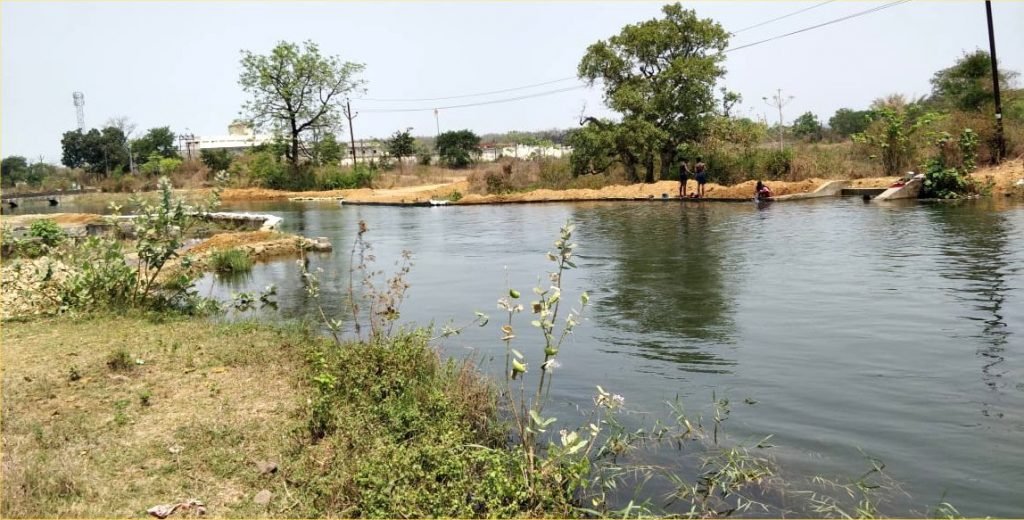Sambalpur: Aiming to ensure better irrigation through community participation, the state government had once handed over the responsibility of canal maintenance to farmer-led Pani Panchayats.
These grassroots bodies, comprising local farmers, had been repairing main and branch canals in their respective areas to maintain a steady water supply to farmlands. In return, they benefited from government grants and assistance.
However, recent years have seen a breakdown in this system, with Pani Panchayats across the state alleging that they are no longer receiving maintenance grants as they did earlier.
Also Read: ‘More useless paperwork in India than rest of the world’: Flexport CEO counters PM Modi’s GST praise
The situation has worsened since the implementation of the Goods and Services Tax (GST) in 2021. After the tax regime was introduced, all Pani Panchayats were required to register for GST in order to continue receiving government funds.
Once registered, these panchayats were compelled to file monthly GST returns — many relying on lawyers, paying them an average of Rs 500 per month or Rs 6,000 annually for their services.
Now, members of several Pani Panchayats are raising concerns that if no work is being undertaken due to the lack of funds then why should they continue paying GST consultants out of own pocket.
They argue that if the government has no intention of releasing annual grants, it should deactivate their GST registrations altogether. Otherwise, the responsibility of GST filing should fall on the concerned government department, not the panchayats.
Many Pani Panchayats also claim that administrative grants meant for operational costs have also been stopped for years. With both funding and support drying up, several members of Pani Panchayats feel their role in community water management is being quietly dismantled.
Ramsagar Sahu, president of the Chhabila Sai Pani Panchayat in Dandeipali, has raised concerns over the lack of government support and the burden of GST compliance affecting their canal maintenance work.
Sahu said the Sasan canal system covers nearly 18,500 km of distributaries, with 11 Pani Panchayats (water user associations, WUAs) functioning in Paramanapur distributary alone. Each Pani Panchayat manages irrigation for around 450-500 hectares of farmland.
“In 2002, we formed the Sahid Chhabila Sai Pani Panchayat Unit-7 to oversee maintenance of five branch canals. After we took up repair work, water began reaching the tail-end villages,” he said. “However, after the implementation of GST registration in 2021, the association has been facing mounting challenges. For the past four years, we have received no regular government-assigned work,” he lamented.
“Meanwhile, farmers are spending Rs 500 every month just to run to lawyers for GST filings,” Sahu said.
“Initially, the government provided financial support for four years after the Pani Panchayats were formed, but nothing has been sanctioned ever since.”
This has led to declining participation from farmers in Pani Panchayats. Sahu warned that this lack of support may jeopardise the state’s goal of making farmers self-reliant in canal maintenance.
The association has submitted a memorandum to Chief Minister Mohan Charan Majhi urging intervention.
Responding to the issue, Irrigation department engineer Trayoma Kumar Kalet said, “The government allocates annual grants for canal repair works, which are distributed among different Pani Panchayats based on need.
When grants are available, they are shared accordingly. However, there have been years when no grants were received, so we couldn’t extend operational support.”
On the GST matter, he added, “That falls under the jurisdiction of the Central government.”
PNN
